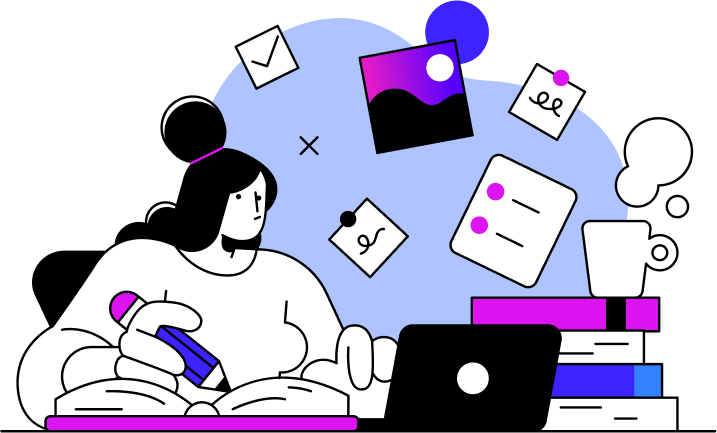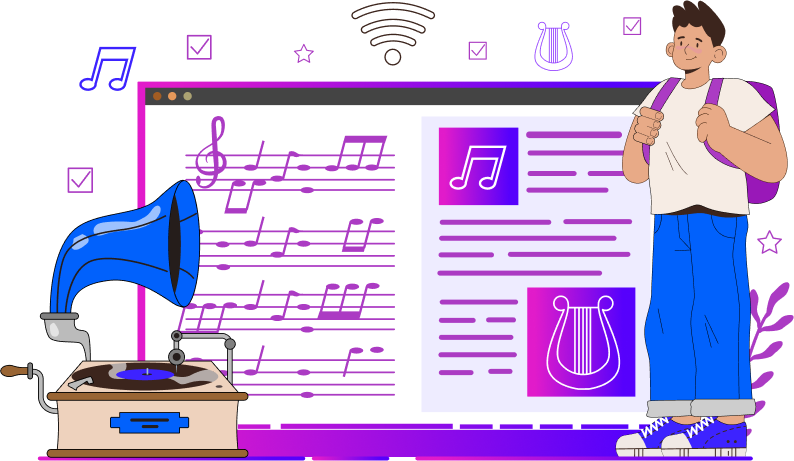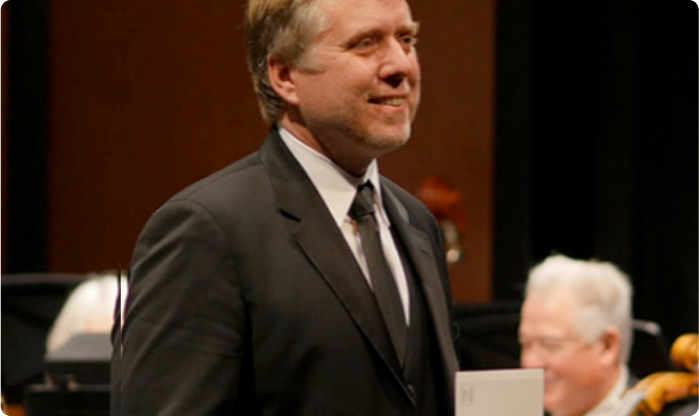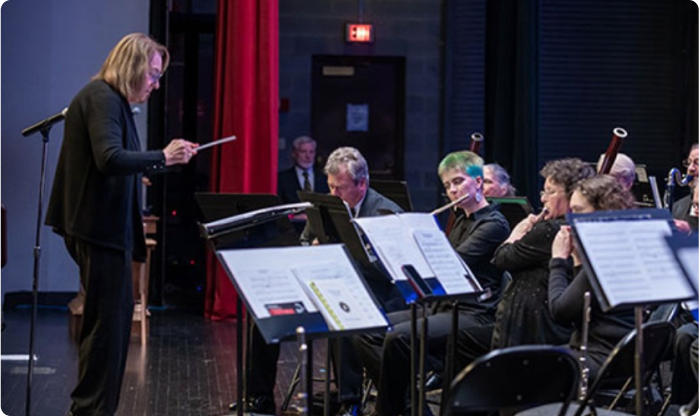Evaluating Articulation Agreements
Brenda Thomas
Brenda Thomas has a Master of Arts in Humanities and has worked as an online instructor and instructional designer in higher education.

Articulation agreements between academic institutions
When colleges or universities agree to cooperatively recognize and accept the transfer of students’ academic credits toward specific degree programs, they have formed what is often called an Articulation Agreement. Such an agreement is a partnership that joins different institutions for specified degree programs. Articulation agreements, by definition, are between academic institutions. In other words, if a college gives academic credit to students who passed a CPR/First Aid course from an organization or company that is not a school, then that is a different type of agreement. The focus of this article is on articulation agreements between academic institutions along with some of the benefits and cautions with such a partnership.

Benefits
Students enrolled in an articulation-agreement program often have the opportunity to earn two degrees: one from each of the partner institutions. Students start out taking classes from one institution (earning credits for one degree) and then transfer those credits into a program at a different institution and take additional classes to complete another degree, sometimes without even having to live in a different location.
Both institutions can benefit from such a partnership by attracting students without having to create new academic programs or degrees. Students can benefit by earning two degrees in the same amount of time it would usually take to complete just one. For many students, that also results in paying less in total tuition.
However, as good as such an arrangement might sound, sometimes issues arise that outweigh or even negate the benefits that schools hoped to gain and students were promised through a dual-credit partnership agreement.
Cautions
One problem institutions and students might experience is that a partner school either does not guarantee, or fails to honor a guarantee, that all relevant credits will transfer and students will not be put on a waiting list to enter a program.
Another problem is that one of the schools in the partnership might cut a program that is part of the articulation agreement or could unexpectedly close without warning or having a teach-out plan in place.
Something else that both institutions and students need to be aware of is in regard to when degrees are awarded. If the first degree is awarded before the second one, then that could create issues for students expecting to receive financial aid for both degrees. Typically, in an articulation agreement, degrees must be awarded at the same time only after students have successfully completed all coursework for both of them.
What To Do?
But just because something can go wrong with an articulation agreement does not mean that it will. Well-designed partnerships can benefit both students and schools.
Good Partnership
To help ensure a good partnership, institutions should make sure the agreement provides a written guarantee that credits and students can transfer without barriers or delays, accords with the appropriate accrediting agencies and/or state boards (such as for a healthcare program), and is approved by authorized administrators from both schools.
One of the things students should do when considering enrolling in a partnership program is to check that both schools have authorized and will recognize the agreement for the transfer of credits. A good place to start is by calling the Registrar’s office at both schools to find out the specifics of an articulation agreement,
“While the idea is generally the same across the board, how articulation agreements work varies by institution and state,” according to U.S. News & World Report.
Therefore, it is important for students to do their homework before enrolling in an articulation agreement program and spending time and money earning academic credits that might not transfer as promised.

Well-crafted articulation agreements can be a great way for schools to gain students that they otherwise might not and for students to save time and money while they earn two degrees.
Top Blogs
Related Success Stories

















